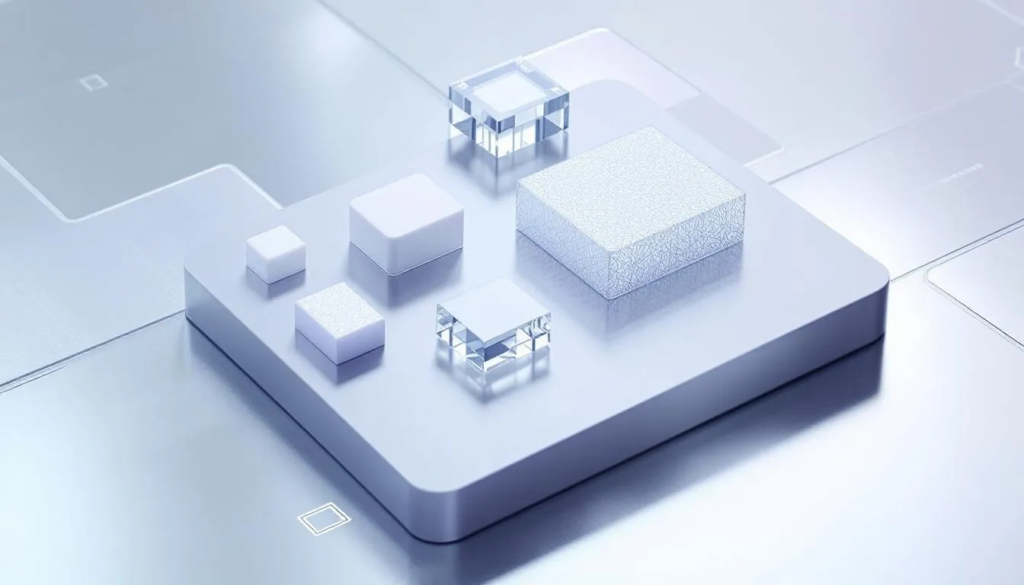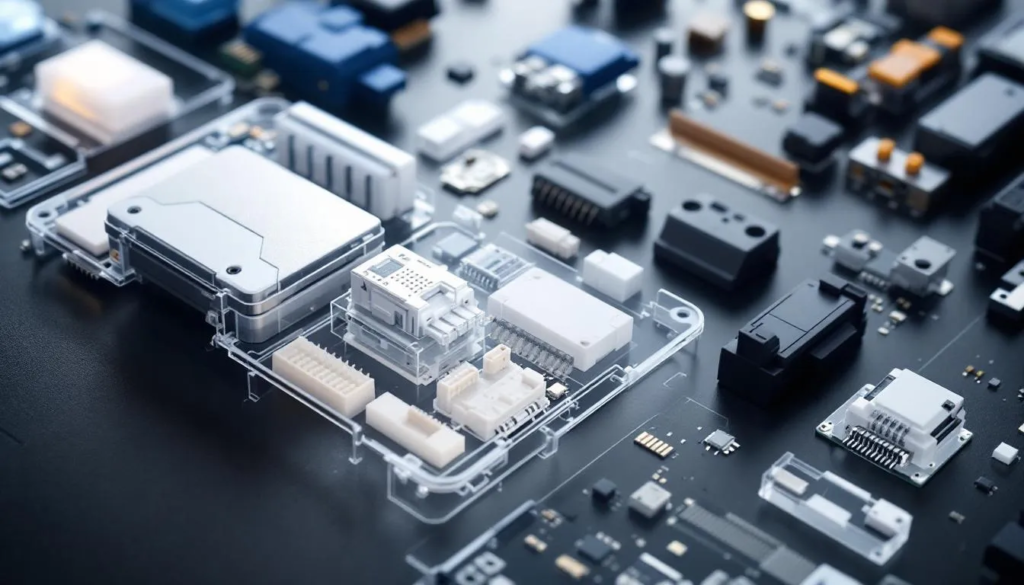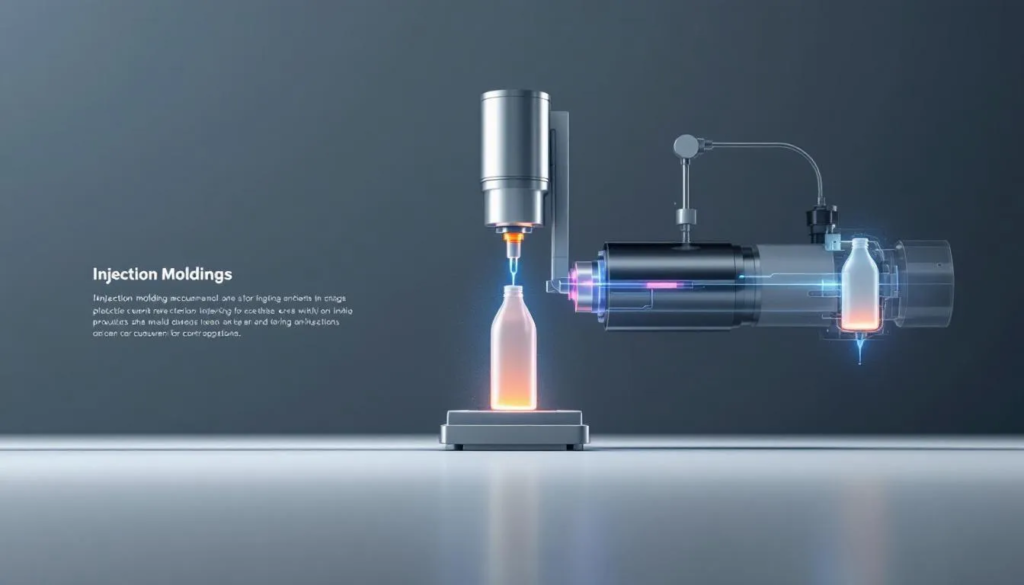Introduction
Custom plastic resin solutions are revolutionizing manufacturing across industries—from medical devices to automotive components. These tailored polymer formulations enable businesses to achieve optimal performance, cost-efficiency, and sustainability in their plastic products.
This 4,000-word guide explores:
✅ What are custom plastic resin solutions?
✅ Key technologies enabling advanced formulations
✅ Major market applications
✅ Top Chinese suppliers & manufacturing hubs
✅ How to select the right resin partner

1. What Are Custom Plastic Resin Solutions?
Definition & Core Benefits
Custom plastic resin solutions involve tailored polymer formulations designed to meet specific:
✔ Mechanical requirements (strength, flexibility)
✔ Environmental conditions (heat, chemicals, UV exposure)
✔ Regulatory standards (FDA, UL, RoHS)
✔ Cost targets (budget-optimized blends)
Comparison: Standard vs. Custom Resins
| Factor | Standard Resins | Custom Resins |
|---|---|---|
| Formulation | Fixed properties | Tailored additives & fillers |
| Performance | General-purpose | Optimized for specific uses |
| Cost | Lower upfront | Higher value long-term |
| Lead Time | Off-the-shelf | 4–8 weeks development |
Industries Using Custom Resins
- Medical (biocompatible implants)
- Automotive (lightweight structural parts)
- Electronics (EMI-shielding compounds)
- Packaging (barrier films, compostable materials)
2. Key Technologies in Custom Resin Development
A. Advanced Compounding Techniques
| Technology | Application | Advantage |
|---|---|---|
| Twin-Screw Extrusion | High-filler masterbatches | Uniform dispersion |
| Reactive Compounding | TPU hybrids | Enhanced bonding |
| Nanocomposites | Conductive plastics | Carbon nanotube integration |
B. Specialty Additives
✔ Flame retardants (UL94 V0 compliance)
✔ Anti-microbial agents (for medical devices)
✔ UV stabilizers (outdoor durability)
✔ Bio-based plasticizers (phthalate-free)
C. Sustainable Solutions
- Post-industrial recycled (PIR) content (up to 70%)
- PLA/PHA bio-blends (marine-degradable)
- Chemical recycling compatibility
3. Market Applications
A. Medical Devices
Example: Surgical tool housings
Requirements:
- ISO 10993 biocompatibility
- Autoclavable (150°C+ resistance)
Material: Custom PEEK-glass fiber blend
B. Electric Vehicles
Example: Battery enclosures
Requirements:
- Flame retardancy (UL94 5VA)
- EMI shielding
Material: PPE/PA alloy with carbon filler
C. Consumer Electronics
Example: Foldable phone hinges
Requirements:
- 100,000+ flex cycles
- 0.2mm thin-wall flow
Material: Custom LCP compound

4. China’s Role in Custom Resin Production
Advantages of Chinese Suppliers
✔ 60% lower development costs vs. Western firms
✔ Faster iteration cycles (2–3 week lab turnaround)
✔ Vertical integration (from raw polymers to compounding)
Top Manufacturing Hubs
| Region | Specialization | Example Supplier |
|---|---|---|
| Guangdong | High-tech nanocomposites | Kingfa Sci. & Tech. |
| Zhejiang | Recycled resin solutions | Zhejiang Hisun |
| Jiangsu | Medical-grade formulations | Suzhou Polymaterials |
Cost Comparison: China vs. West
| Service | China | USA | Germany |
|---|---|---|---|
| Custom Formulation | $15k–$50k | $50k–$200k | $75k–$250k |
| Per-Kg Price | $3–$15 | $10–$40 | $12–$45 |
5. Selecting a Custom Resin Supplier
Evaluation Criteria
✅ R&D Capabilities (PhD chemists, pilot lines)
✅ Testing Equipment (FTIR, DSC, mechanical testers)
✅ Regulatory Expertise (FDA, REACH, TSCA)
✅ Volume Scalability (gram to ton quantities)
Red Flags
❌ No material safety data sheets (MSDS)
❌ Inability to provide pre-compounded samples
❌ Limited quality certifications
6. Future Trends (2024–2026)
A. Smart Materials
- Self-healing polymers
- Shape-memory alloys
B. AI-Driven Formulation
- Machine learning for additive optimization
- Digital twin material modeling
C. Circular Economy
- Enzyme-assisted recycling
- Bio-based aromatics
Summary: Key Takeaways
✔ Custom resins solve unique performance challenges
✔ China offers 40–70% cost savings with rapid development
✔ Medical, EV, and electronics are growth sectors
✔ Always verify supplier testing capabilities

FAQ: Most Googled Questions
Q1: How long does custom resin development take?
A: 6–12 weeks for initial samples, 3–6 months for full validation.
Q2: What’s the minimum order quantity?
A: 500kg–1 ton for most Chinese suppliers.
Q3: Can you modify existing resins?
A: Yes—common adjustments:
- Colorants (+$0.50/kg)
- Flame retardancy (+$2–$5/kg)
- Impact modifiers (+$1–$3/kg)
Q4: How are custom resins tested?
A: Through:
✔ Melt flow index (MFI)
✔ Tensile/impact testing
✔ HDT (heat deflection temp)
Q5: What’s the most advanced custom resin?
A: PEKK for aerospace—$300+/kg with 300°C continuous use.
Final Recommendations
For performance-critical applications, invest in custom resins early. For cost-driven projects, Chinese suppliers offer unbeatable value.
Need formulation experts? Contact our material science team for a free consultation.